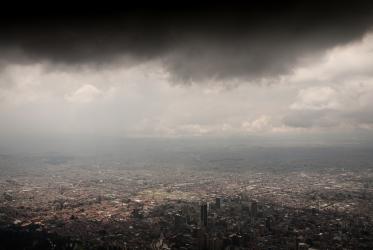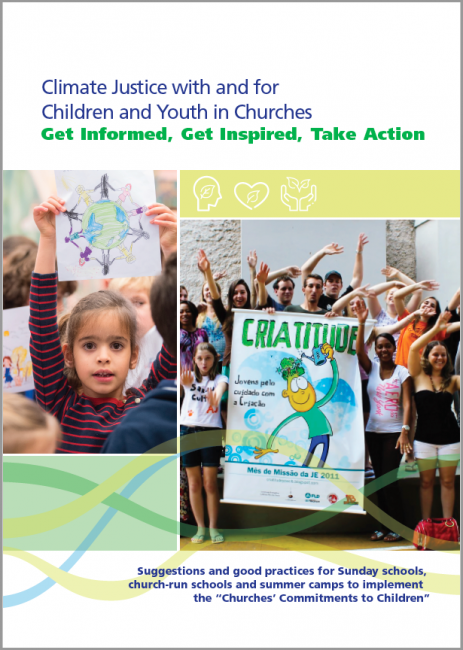Displaying 1 - 20 of 21
HIV and AIDS Civil Society Networks and the Faith Sector
Lessons Learnt from Strategic Engagement in India, Dominican Republic, Indonesia, and Jamaica
31 January 2023
Called to Transformation - Ecumenical Diakonia
09 June 2022
Ecumenical International Youth Day 2021 Event Toolkit
Young People and Climate Justice
06 August 2021
Climate Justice with and for Children and Youth in Churches
Get Informed, Get Inspired, Take Action
25 October 2020

















